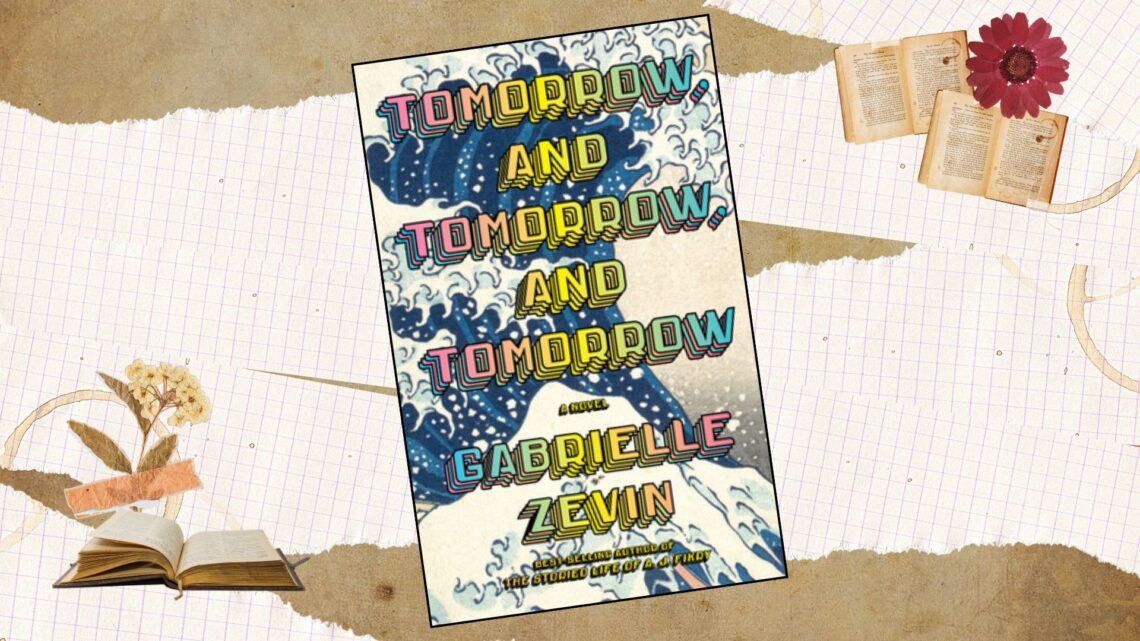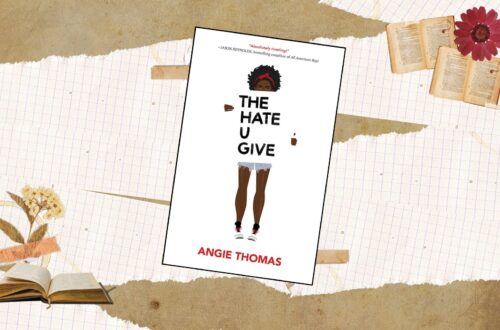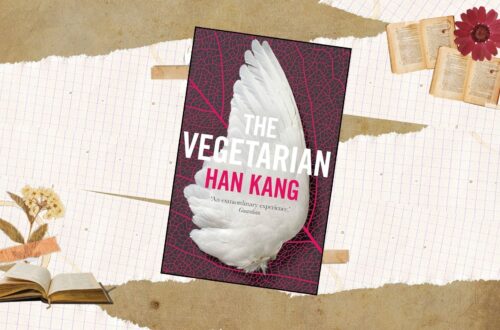Tomorrow, Tomorrow, and Tomorrow gains its name from Macbeth’s famous soliloquy. As bleak as it is, Gabrielle Zevin creates a new spin on the meaning of “tomorrow, and tomorrow, and tomorrow”: in the world of games, it’s the possibility of “infinite rebirth, infinite redemption.” We don’t always understand life and how to navigate it, but games are what position us as the masters of our fate. It’s easy to see the appeal of gaming, and even more so the drive of the main characters in creating their virtual escapes.
The story thrusts the reader into the inside workings of a circle of college students: Samson Mazer, Sadie Green, and Marx Watanabe. Hailing from Harvard and MIT in the late 90’s, they have all the means to take on the creative pursuit of creating a game. Sadie is brilliant—almost too much so for her good. She undertakes the majority of the work, while Samson finds his talents in the more social aspects of advertising their creations. Marx, arguably the lesser of the three in the actual process of creating the game, deals with the technical aspects of their partnership. The game they undertake, Ichigo, becomes a mega-hit, and they’ve had their first taste of the world in their hands almost overnight. The three have their ups and downs. They hit it big and eventually grow apart. Thus is the flow of life.
The novel is gentle but never unbearably saccharine. The relationships are convoluted, but never without direction. Out of the three, there is inevitably one that the well-meaning reader will feel for. Samson, with his longing for something greater; Sadie, whom Samson has always overshadowed; and Marx, who holds his dilemmas on his passions and the sheer chance that has been the most defining factor of his success.
With these three characters, Gabrielle Zevin has a penchant for focusing on trauma, often making it central to her characters. The realities of being mixed-race within a dominantly white society are time and time again emphasized and then set aside in a continuous circle as the novel shifts from the process of game-making to the more intimate settings of the characters’ relationships. There is also a reminder of politics and the happenstance of life. That is not to say that game-making and relationships are entirely set apart from each other, however. In fact, Zevin misses no chances in tying the video game ideal to the real world. “If this were a game, Sam could hit pause. He could restart, say different things, the right ones this time. He could search his inventory for the item that would make Sadie not leave.”
It is also not to say that the videogames Sam and Sadie create are not the fruits of their traumas. The motives behind the games they make over 30 years are varied and so incredibly human. Their works were the product of human desperation as much as their desire to inspire and outreach. Reading Tomorrow, Tomorrow, and Tomorrow, the reader will realize, greater than ever, the intimacy that the game designer conveys to their players. After all, the best way to know someone is through their games.
~ 5 stars.





